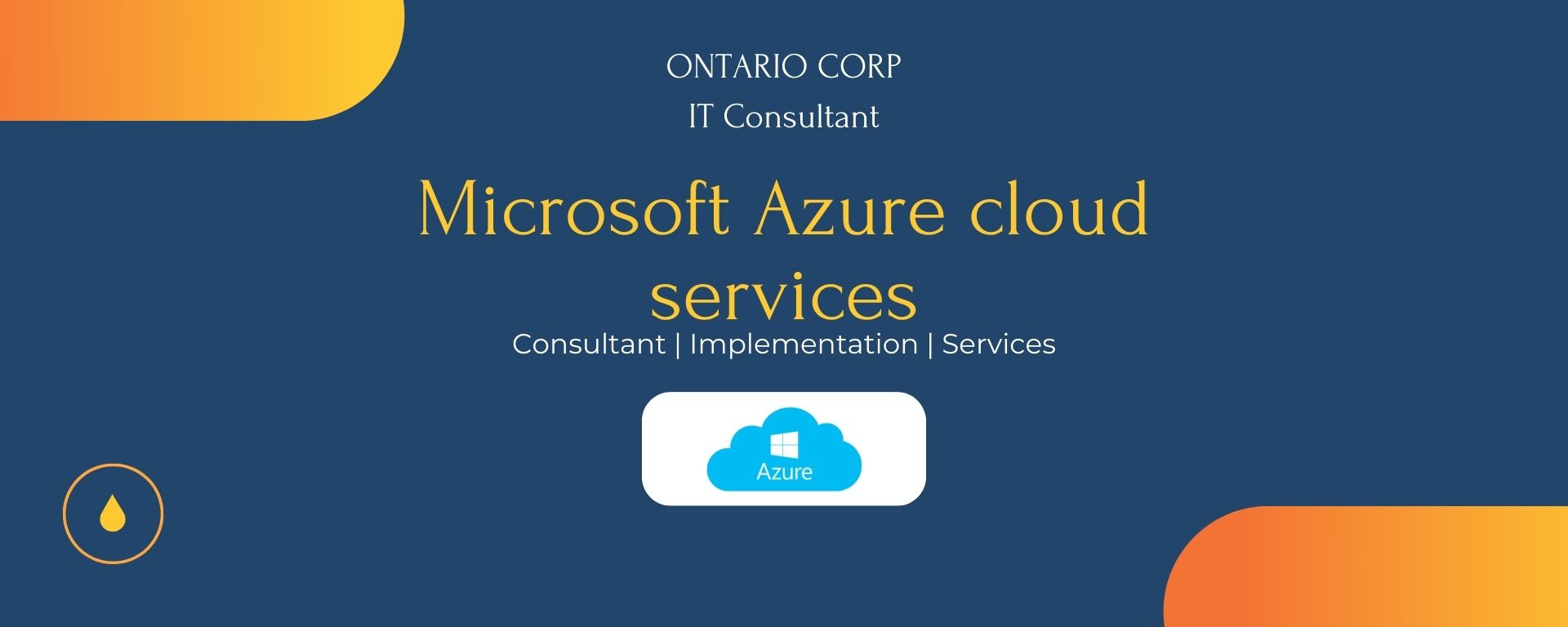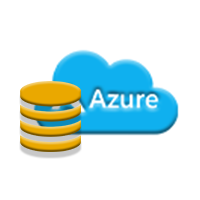
Menu

Microsoft Azure cloud services
Microsoft Azure is a comprehensive cloud computing platform and Infrastructure as a Service (IaaS), Platform as a Service (PaaS), and Software as a Service (SaaS) offering provided by Microsoft. It offers a wide range of cloud services that cater to various needs, from computing power and storage to analytics, machine learning, and more.

Azure's services can be categorized into different areas:
- Compute Services:
- Virtual Machines (VMs): Offers scalable virtualized computing instances running Windows or Linux.
- Azure App Service: A fully managed platform for building, deploying, and scaling web and mobile applications.
- Azure Functions: Serverless compute service that allows you to run event-triggered code without provisioning or managing servers.
- Storage Services:
- Azure Blob Storage: Provides scalable object storage for unstructured data like documents, images, and videos.
- Azure File Storage: Offers fully managed file shares that can be accessed via the Server Message Block (SMB) protocol.
- Azure Table Storage: NoSQL data store for semi-structured data.
- Azure Disk Storage: Persistent and high-performance block storage for VMs.
- Networking Services:
- Azure Virtual Network: Isolates and securely connects Azure resources with on-premises networks or other cloud environments.
- Azure Load Balancer: Distributes incoming traffic across multiple VMs for high availability.
- Azure VPN Gateway: Provides secure and encrypted communication between on-premises networks and Azure resources.
- Azure Content Delivery Network (CDN): Accelerates content delivery by caching it closer to the user.
- Databases:
- Azure SQL Database: Managed relational database service based on SQL Server.
- Azure Cosmos DB: Globally distributed NoSQL database with multiple data models.
- Azure Database for MySQL/PostgreSQL: Managed database services for MySQL and PostgreSQL.
- Azure Cache for Redis: In-memory data store for caching.
- Analytics and AI Services:
- Azure Synapse Analytics (formerly SQL Data Warehouse): Analytics service that brings together big data and data warehousing.
- Azure Machine Learning: Cloud-based machine learning service for building, training, and deploying models.
- Azure Cognitive Services: APIs for adding cognitive capabilities like vision, speech, and language understanding to applications.
- Identity and Security Services:
- Azure Active Directory: Identity and access management service for secure sign-ins and identity protection.
- Azure Key Vault: Safeguard cryptographic keys, certificates, and secrets used by cloud apps and services.
- Azure Security Center: Provides advanced threat protection for Azure workloads.
- Internet of Things (IoT) Services:
- Azure IoT Hub: Managed service for connecting, monitoring, and managing IoT devices.
- Azure IoT Central: SaaS solution for creating and managing IoT applications.
- DevOps and Developer Tools:
- Azure DevOps: Services for end-to-end DevOps processes, including source code management, build automation, and release management.
Azure Kubernetes Service (AKS): Managed Kubernetes container orchestration service.
- Azure DevOps: Services for end-to-end DevOps processes, including source code management, build automation, and release management.
- Serverless Computing:
- Azure Functions: Serverless compute service for event-driven code execution.
- Azure Logic Apps: Automate workflows and integrate systems and services.
- Migration and Hybrid Services:
- Azure Site Recovery: Orchestrates and replicates on-premises physical and virtual machines to Azure.
- Azure Migrate: Helps migrate on-premises workloads to Azure.
These are just a subset of the many services available on the Azure platform. Organizations can leverage Azure’s flexible and scalable infrastructure to build, deploy, and manage applications and services efficiently, while paying only for the resources they use. Azure also provides a global network of data centers, ensuring high availability and disaster recovery capabilities.